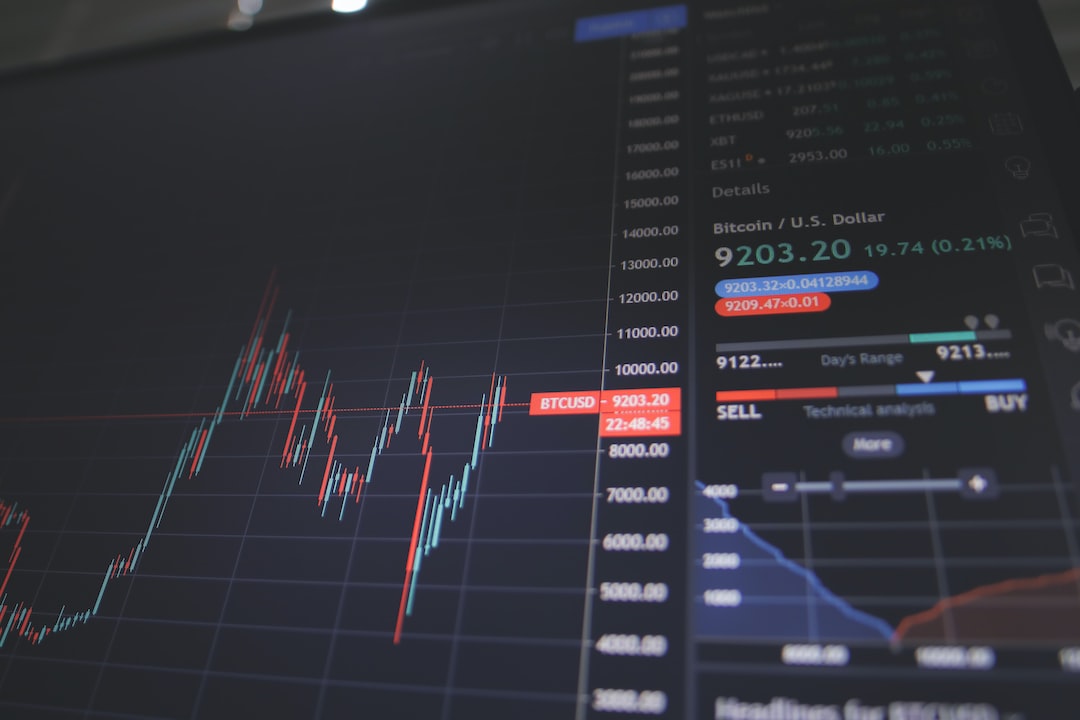The foreign exchange market, commonly known as the forex market, is the largest and most liquid financial market in the world. It is a decentralized market where currencies are traded 24 hours a day, 5 days a week, across different time zones. The forex market is influenced by a variety of factors, including economic data, geopolitical events, and central bank policies. In this article, we will explore what news releases can make the forex market go up and down.
Economic Data
Economic data releases are among the most closely watched events in the forex market. Economic indicators such as GDP, inflation, employment, and retail sales provide insights into the health of a country’s economy. Positive economic data tends to boost a country’s currency, while negative economic data tends to weaken it.
For example, if the US releases better-than-expected employment data, it may increase the demand for the US dollar as investors believe that a strong labor market will lead to higher consumer spending and economic growth. Similarly, if the Eurozone releases weaker-than-expected inflation data, it may lead to a sell-off in the euro as investors believe that the European Central Bank may need to implement further monetary easing measures.
Geopolitical Events
Geopolitical events such as elections, trade agreements, and conflicts can have a significant impact on the forex market. These events can cause uncertainty and volatility, which can lead to sharp movements in currency prices.
For example, the Brexit referendum in 2016 caused a significant sell-off in the British pound as investors were uncertain about the future of the UK’s economy and its relationship with the European Union. The ongoing trade tensions between the US and China have also caused volatility in the forex market as investors are concerned about the impact on global economic growth.
Central Bank Policies
Central bank policies are another important factor that can affect the forex market. Central banks use monetary policy tools such as interest rates and quantitative easing to control inflation and stimulate economic growth.
Changes in interest rates can have a significant impact on currency prices. If a central bank raises interest rates, it can increase the demand for that currency as investors seek higher returns. Conversely, if a central bank lowers interest rates, it can decrease the demand for that currency as investors seek higher returns elsewhere.
For example, in March 2020, the US Federal Reserve cut interest rates to near zero in response to the COVID-19 pandemic. This led to a sell-off in the US dollar as investors sought higher returns elsewhere.
Conclusion
In conclusion, the forex market can be influenced by a variety of factors, including economic data, geopolitical events, and central bank policies. News releases that provide insights into these factors can cause volatility and affect currency prices. Traders and investors need to stay up-to-date with the latest news and events to make informed trading decisions.





